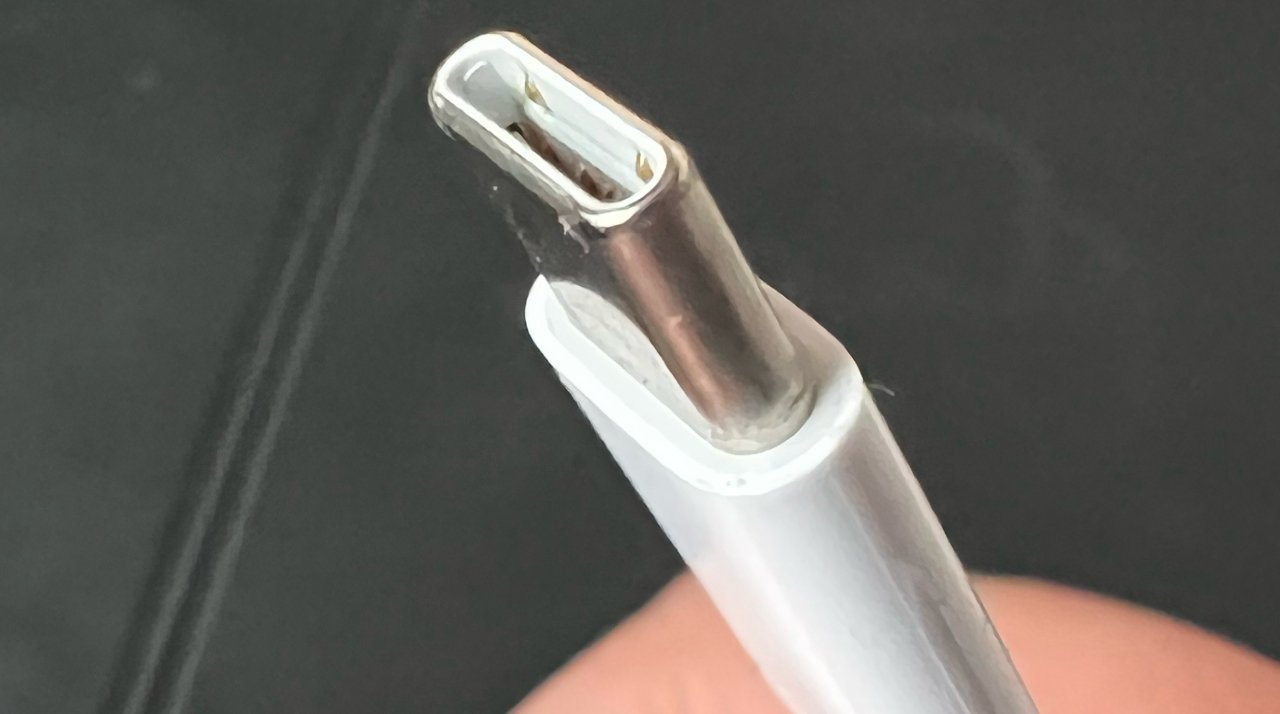Apple has urged the Indian IT ministry to make changes to its single charger rules, as adding USB-C to older iPhone models will make it hard for Apple to confront production targets for India’s manufacturing and export laws.
Following after the European Union’s introduction of regulations that will force electronics producers to use USB-C as part of a common charger directive, India followed suit with its own variation of the mandate. However, Apple is one of the few companies pushing back on its implementation.
Apple met with India’s IT ministry in a closed-door meeting on November 28, reports Reuters, asking officials to add exemptions to the rules for some older models of iPhone.
While the EU’s rules effectively apply only against newly designed and released products after the rules come into force in 2024, India’s version does not. Instead, it applies to all electronic devices sold in the country, which also includes hardware that wasn’t previously designed with USB-C.
To Apple, this wrinkle means it would have to include USB-C into the designs of older Lightning-equipped iPhone models to continue selling them in India.
Apple told the regulators that implementing the changes would mean it won’t be able to “confront the PLI targets,” minutes from the meeting state. PLI, India’s Production-Linked Incentive scheme, is a major project of Prime Minister Narendra Modi, providing manufacturers with financial incentives for investments and incremental annual phone sales.
The use of USB-C in the iPhone 15 means Apple meets the criteria for the rules with its current-gen hardware. However, the bulk of its sales in India are based around older iPhone generations.
Apple says it can comply with a timeline for compliance by June 2025 if existing models are exempted from the rules. Otherwise, it would need another 18 months beyond 2024 if there isn’t an exemption.


